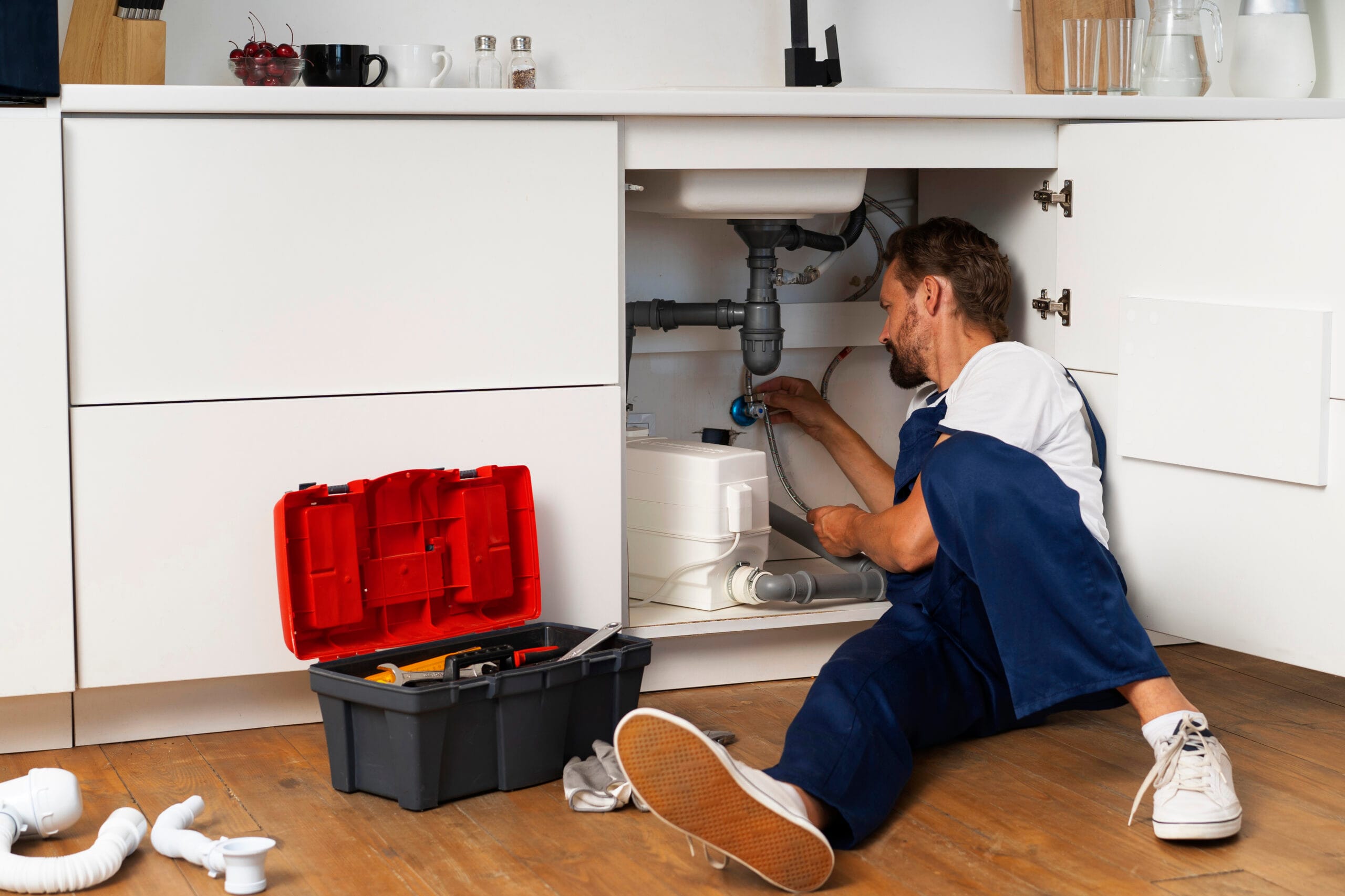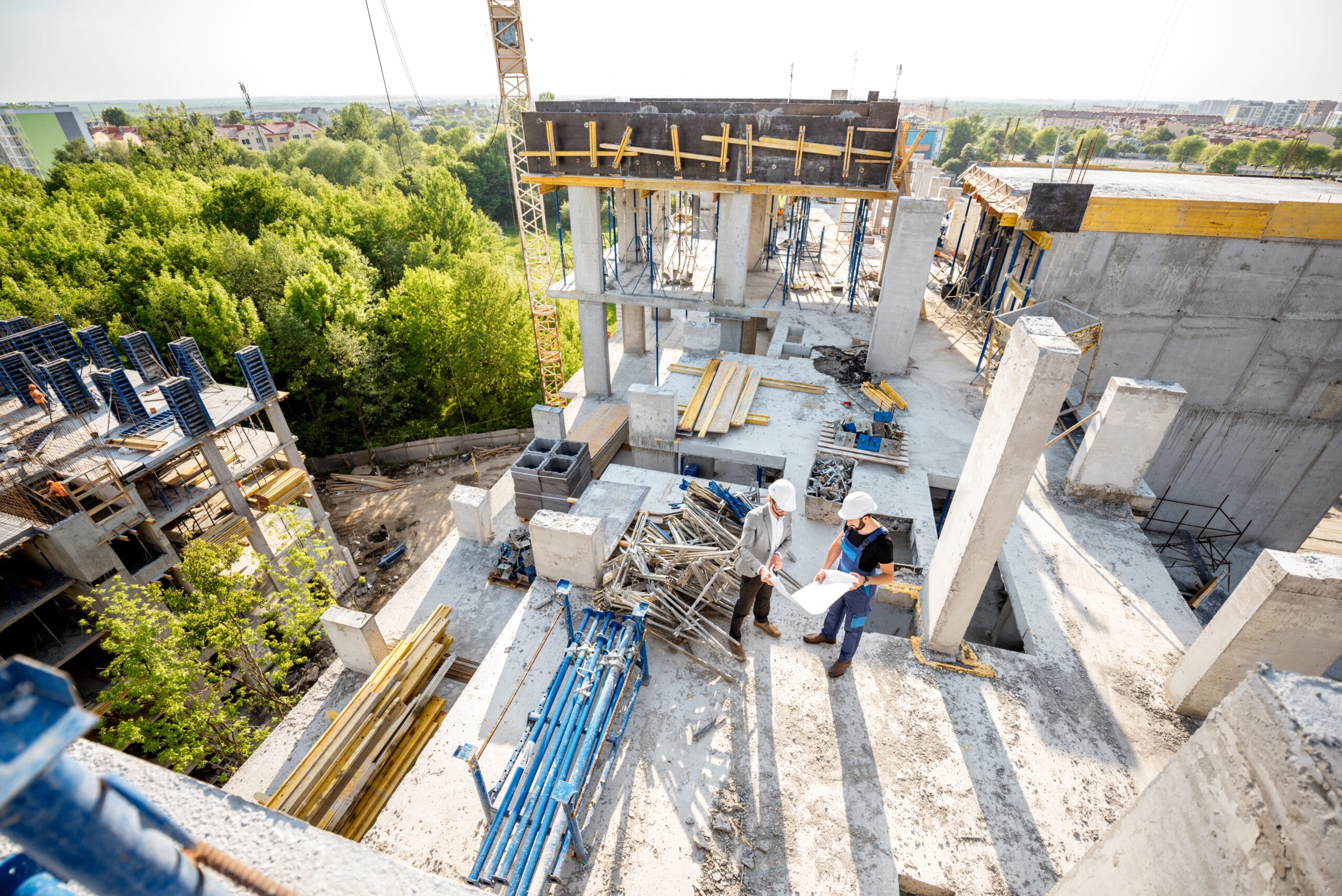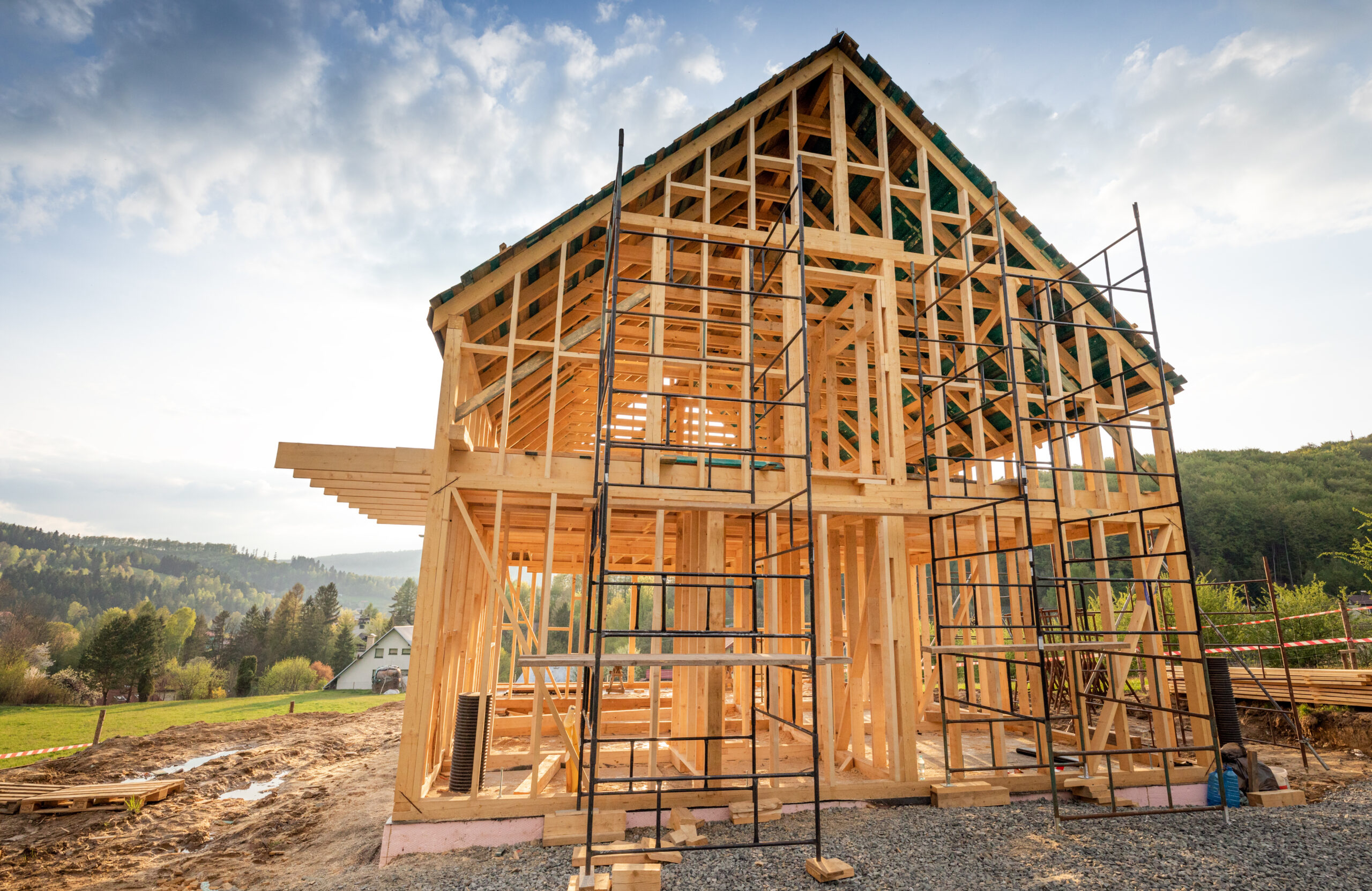Transforming your house through renovations makes it more alluring, functional, and beautiful, thus making it comfortable and welcoming. Additionally, it improves its value.
Renovations are also great for personalizing a house to your liking, style, and preferences.
However, during home renovation projects, even the most minor mistakes can lead to potential danger, especially when various manual or electrical tools are involved.
Home renovation tools and especially workshop manual tools cause 23.48% of home improvement injuries.
That said, taking necessary precautions to protect the lives of those around you and your own is vital. Consider engaging a personal injury attorney in case of a home renovation injury, especially if the injuries are to a third party such as a visitor, neighbor, or contractor.
Common risks associated with home renovations
Most common injuries during home remodeling includes:
- Puncture wounds by sharp objects and nails
- Falls from ladders or roofs may lead to fractures, head and spine injury, or even causing fatalities.
- Lacerations from power and manual saws
- Abrasions and contusions from hammers
- Burns from various chemicals or when the material catches fire
- Cuts from sharp objects and tools
- Difficulty in breathing due to inhaling dust, smoke, or toxic chemicals
- Electrical shocks
- Sunburns or heat stroke from extended periods of exposure to hot temperatures and hypothermia due to cold weather exposure
- Muscle or joint pain and sprains from overexertion
- Lead poisoning due to exposure from old paints
Safety precautions to prevent injuries during home renovations
1.Wear proper gear

Invest in proper gear to protect yourself from injuries. For example, when refinishing or repainting furniture, wear a respirator to keep you safe from harmful fumes, and use chemical-resistant gloves to protect your hands from chemical burns.
However, when using riskier tools like chainsaws, wear full protective gear, including thick gloves, noise-reducing ear muffs, chaps, protective headgear, and safety glasses.
Always wear work boots to provide stable footing and a better barrier against lacerations and punctures.
Additionally, avoid loose clothes and wear working overalls.
2.Respect heights and embrace sound footing
It’s vital to keep your balance stable when working on the ladder, pushing boards, cutting timers, or using any other tool, such as a table or circular saw.
Maintain three points of contact (two feet and a hand or two hands and a foot) at all times.
Stay within reach and avoid stepping on boards, tools, or paint buckets, and don’t balance any items underfoot; they may cause balance issues, leading to a fatal fall.
3.Use the tools safely
Tools play a significant role in home renovations but can become dangerous when incorrectly used.
When using tools:
- Wear protective barriers and shields when handling power saws and other blades.
- Use the tools as guided by the manual and for its intended purpose. For example, open paint cans using a paint opener and not a knife or striking items using a hammer and not a power drill.
- Check for any wear, damage, or tear before use.
- Store tools out of children’s reach
- Don’t mix alcohol and power tools-celebrate once the work is done; it might look like fun to work on the patio as you have a beer, but handling power tools needs a clear head.
4.Use sharp blades
Although it may sound counterintuitive, using sharper carving or cutting tools minimizes the risks of injuries. Sharper hand planes, chisels, utility knives, hand saws, miter saws, and table saws mean applying less force.
Additionally, dull blades require using more force, thus creating opportunities for mistakes and slips, causing injuries.
5.Take it slow
Avoid rushing your home renovation job.
Many home renovations are DIY projects that happen on weekends, and you may feel the pressure to complete a project before Monday rolls around. However, resist the urge to rush things.
Rushing leads to cutting corners and careless mistakes, which can cause unnecessary injuries.
Before resuming your weekday job, leave the work area free from loose materials, scattered tools, and other potential trip hazards. This will prevent unwanted accidents and provide a smooth working environment for the following weekend.
6.Have alarm systems
Ensure your home alarm system isn’t affected when you’re doing renovations.
Home alarms are crucial in warning you about something unusual happening.
Therefore, ensure your smoke alarms, carbon monoxide detectors, and security alarms are still online and working throughout your renovation project.
7.Design a emergency exit plan
Unexpected circumstances and situations occur during home renovations, and they can result in injuries. Therefore, before embarking on renovations, have an exit plan.
A home exit plan offers a safe evacuation in case of an emergency. For example, when dealing with electricity repairs, you should have one open door to dash out in case a fire erupts.
A fire extinguisher, whistle, and first aid kit are also handy during an emergency.
8.Factor in fatigue
Home renovations are quite tiresome, and even more so when they are DIY.
The work can wear down your body and muscles, leading to pain and sometimes injuries due to strain and poor handling position. As such, it’s vital to work on alternating days or work two days and rest one to ensure your muscles recover well and prevent unwanted accidents.
Remember that sore and painful muscles can prevent your hands from handling the tools well, leading to more injuries and poor balancing.
While doing home renovations, eat well, drink a lot of fluids, and remember to take regular breaks.
9.Manage hazards
Keep your working site clean. Here are some daily practices that you need to do;
- Clean up at the end of your working day
- Pick up the small pieces of unwanted pipes and scraps of wood to prevent falls and slips
- Put the tools back in their bags and store them correctly on cabinets or shelves
- Clean the tools well before storing them to prevent them from becoming blunt
- Wrap cords carefully
Such moves are productive in doing an orderly job and moving quicker while preventing injuries.
Final thoughts on preventing injuries during home renovations
During home renovation, there is a high risk of injuries to yourself, your family, visitors, neighbors and contractors.
However, by using safety gear, using tools correctly, having a detailed safety plan, and adhering to local building codes and standards, you can significantly reduce injuries.
By embracing the above safety measures, you can confidently navigate the renovation complexities, resulting in a project well done.














